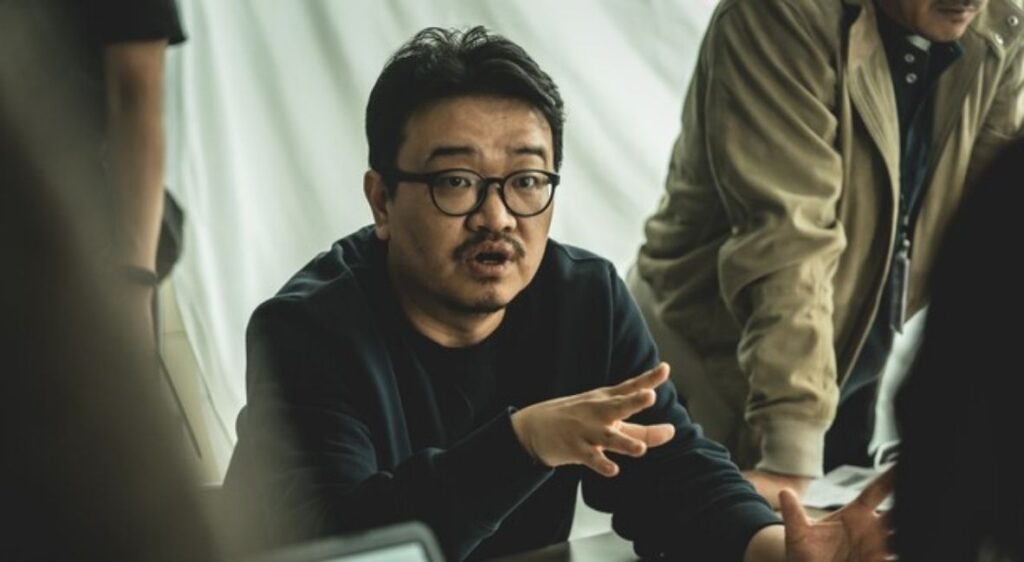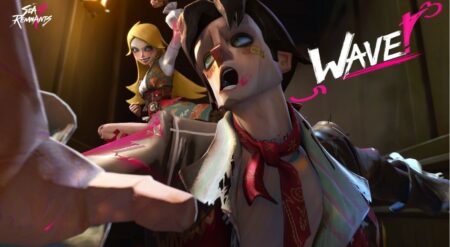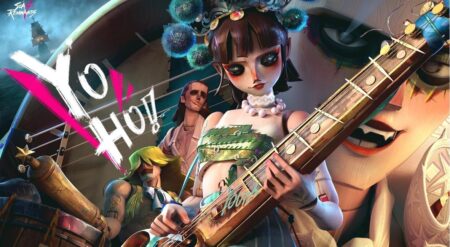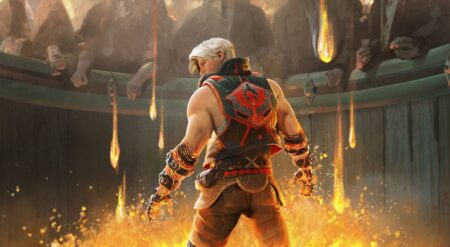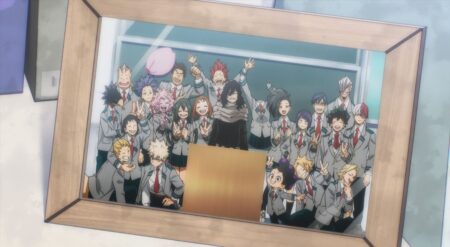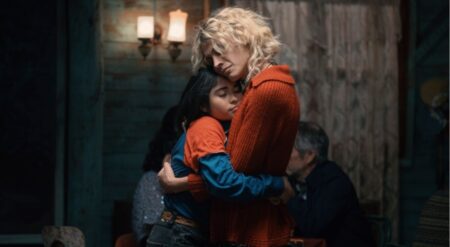This interview with writer/director Yeon Sang-ho and the cast of The Ugly was conducted via translator Kaila Wang and edited for clarity.
In writer/director Yeon Sang-ho’s latest film, The Ugly, we follow Im Dong-hwan (Park Jeong-min) and his father, Im Yeong-gyoo (Kwon Hae-hyo/Park Jeong-min), who are being filmed for a documentary by producer Kim Su-jin (Han Ji-hyun). In the middle of recording, Dong-hwan is contacted by the police with the news that his mother, Jung Young-hee (Shin Hyun-been), has been found dead forty years after her disappearance.
This sparks curiosity for both Dong-hwan and Su-jin, with both deciding to pursue more information. For Dong-hwan, it’s to learn more about the mother he never knew, and for Su-jin, it’s to create a more compelling documentary. In their search for clues, his mother is described as ugly by everyone she ever knew. Yet, the deeper their investigation goes, the more Dong-hwan and Su-jin learn that these criticisms are just a distraction from the more sinister things happening around Young-hee at the time.
Yeon Sang-ho never shies away from tackling complicated subject matter. Past projects have tackled themes like religious hypocrisy, individualism versus collectivism, and morality. In his latest feature film, The Ugly, he shifts his focus towards dissecting a “growth-centric” modern South Korea, using the idea of ugliness and beauty as an allegory for the things we try to erase in pursuit of absolute growth.
The creation of Im Yeong-gyu and Jung Young-hee marked the starting point for Yeon Sang-ho to explore the ideas surrounding achievement in modern, growth-obsessed South Korea. “To dramatize and really exaggerate this achievement, I created a character who is visually impaired,” he explained. “Yet, he’s almost considered a living legend in Korea because of what he has achieved in the visual art industry. So, it started with Im Yeong-gyu.”
In The Ugly, we split our time between the present day and South Korea in the 1970s. A time of rapid development and a desire for growth, characters like Yeong-gyu, who leaned into the growth mindset, were celebrated. However, to contrast with Yeong-gyu and the growth mindset, the character Jung Young-hee (Shin Hyun-been), who vanishes mysteriously in the story, was born.
In The Ugly, Jung Young-hee carries a quiet strength that rattles those around her.
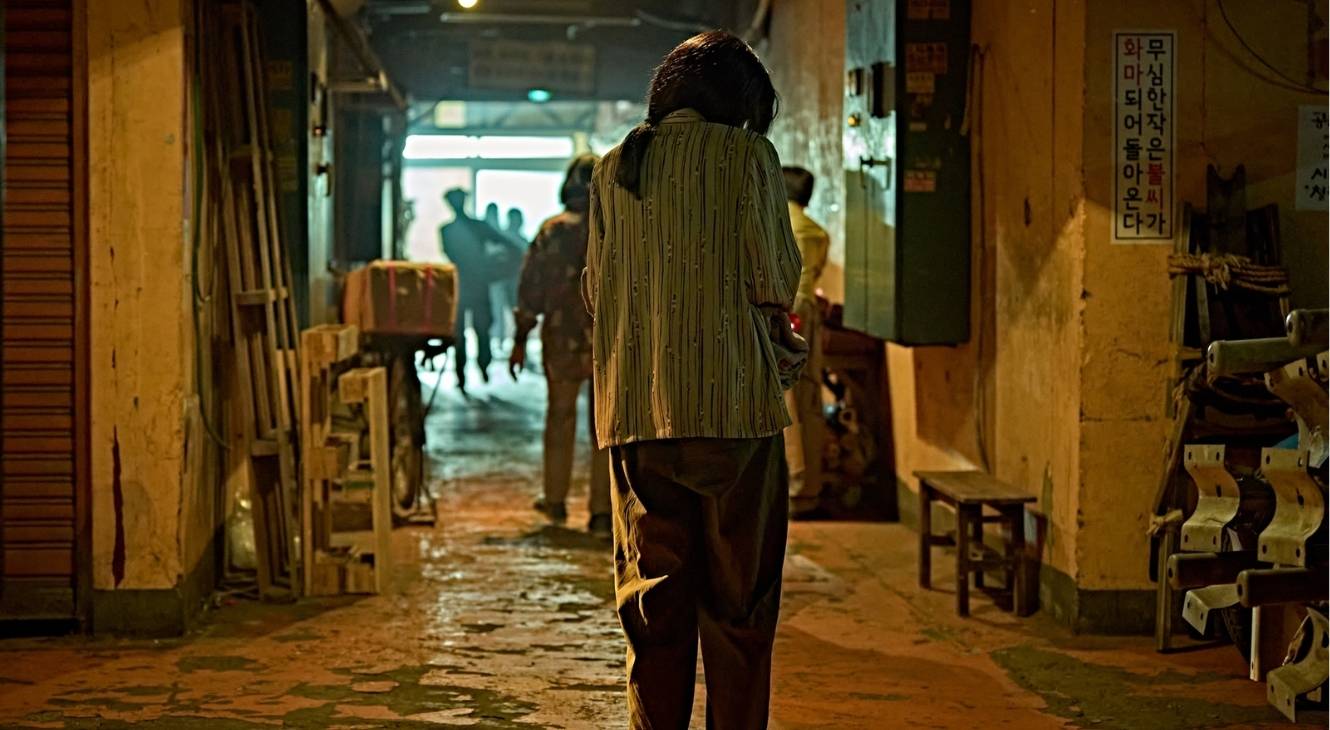
In The Ugly, Young-hee is the pivotal target for abuse by her family and colleagues. Our knowledge of her comes from conversations conducted by her son, Im Dong-hwan (Park Jeong-min), and producer Kim Su-jin (Han Ji-hyun), where many fixate on the character’s physical appearance. However, in conversation, Yeon Sang-ho pointed out that it’s not as simple as her appearance: “Jung Young-hee was ostracized and bullied because she represented an uncomfortable justice, which became a driving force for people to frame her as ugly.”
With Yeong-gyu and Young-hee pivotal to the film’s story and its themes, casting was essential in delivering the vision Yeon Sang-ho imagined. Shin Hyu-been, who has previously collaborated with Yeon Sang-ho, portrays Jung-hee, who provided Hyu-been with a challenge since her face would never be on camera. Ultimately, it came down to figuring out who the character was at her core, in how Young-hee could persevere in a world that seemed determined to tear her down.
“When she is with Im Yeong-gyu, he’s very influenced by what other people think, but you can see that she really stands her ground, and she’s not really shaken by others’ opinions,” Hyu-been shared. “So, she might seem timid at first on the outside, but she needs to have this very strong, inner core in her not to be shaken or swayed by other people’s opinions.”
One of the people Yeong-gyu is influenced by is Baek Ju-sang (Im Sung-jae), Young-hee’s boss and the main source of income in the community, giving him leverage over those around him. “The character that I played actually resembles a lot of the people who lived in that era,” shared actor Im Sung-jae. “He wasn’t a particularly bad person, but in a way that the time period allowed these types of people to exist.”
In pursuit of growth, many of Ju-sang’s sins are known but often overlooked. It is Young-hee who dares to say something, driving home the point of her representing an uncomfortable justice and the unspoken truths many would prefer to bury.
Characters’ memories offered Park Jeong-min the freedom to explore different aspects of Im Yeong-gyu.
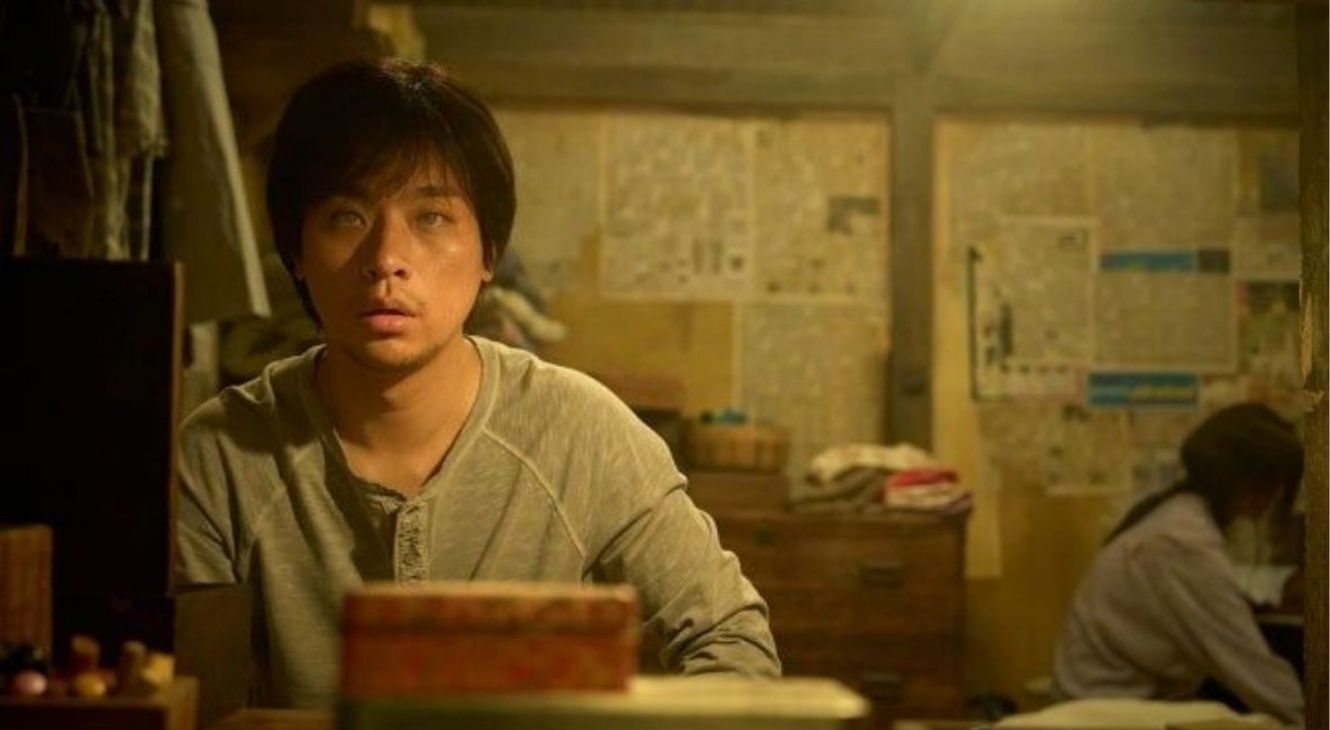
Sharing the role of Im Yeong-gyu is Kwon Hae-hyo, who has previously collaborated with Yeon Sang-ho, and Park Jeong-min, who portrays the younger Yeong-gyu and Yeong-gyu’s son, Im Dong-hwan. Juggling these dual roles, Park Jeong-min focused on the connective tissue between father and son to set up a starting point: “They [the father and son] both carry this shared embarrassment. To express [Yeong-gyu] even more prominently, focusing on this embarrassment was important and would be helpful towards the film’s narrative.”
Much like our understanding of Young-hee is drawn from the memories of others, so too is our experience with the younger Yeong-gyu. This element ultimately gave Jeong-min the freedom to experiment with emotions and expressions in his performance. “If you think about it, the scenes in the past, they could stem from the imagination of [the older] Yeong-gyu, and the distorted memories of the people who were there,” he said. “You get to the point where you ask, are the faces of these characters even real?”
Because of this, Jeong-min explained, he was able to be more exaggerated in portraying emotions, particularly in scenes where the younger Yeong-gyu interacts with those he relies on for his income and the family’s survival. As The Ugly shifts focus to the older Yeong-gyu, there is a marked change in how he acts: “My younger self had to always smile, put on a good face, and be kind to really survive. The current Yeong-gyu is the type of person who tries not to use his energy as much as possible. He’s a little bit irritated. He’s reserved,” shared Kwon Hae-hyo.
To build the performance, Hae-hyo didn’t rely on what Park Jeong-min did onscreen, since so much time has passed between the ’70s and the present. His biggest concern, however, was whether or not he would portray Yeong-gyu’s visual impairment appropriately: “I wanted to really convince the audience that this is plausible, and this is something that could happen. I did not want to portray the very stereotypical image of a visually impaired person, but at the same time, I wanted to really convince the audience that this person could exist.”
Yeong-gyu, as we meet him, represents the culmination of growth in all of its complexities.
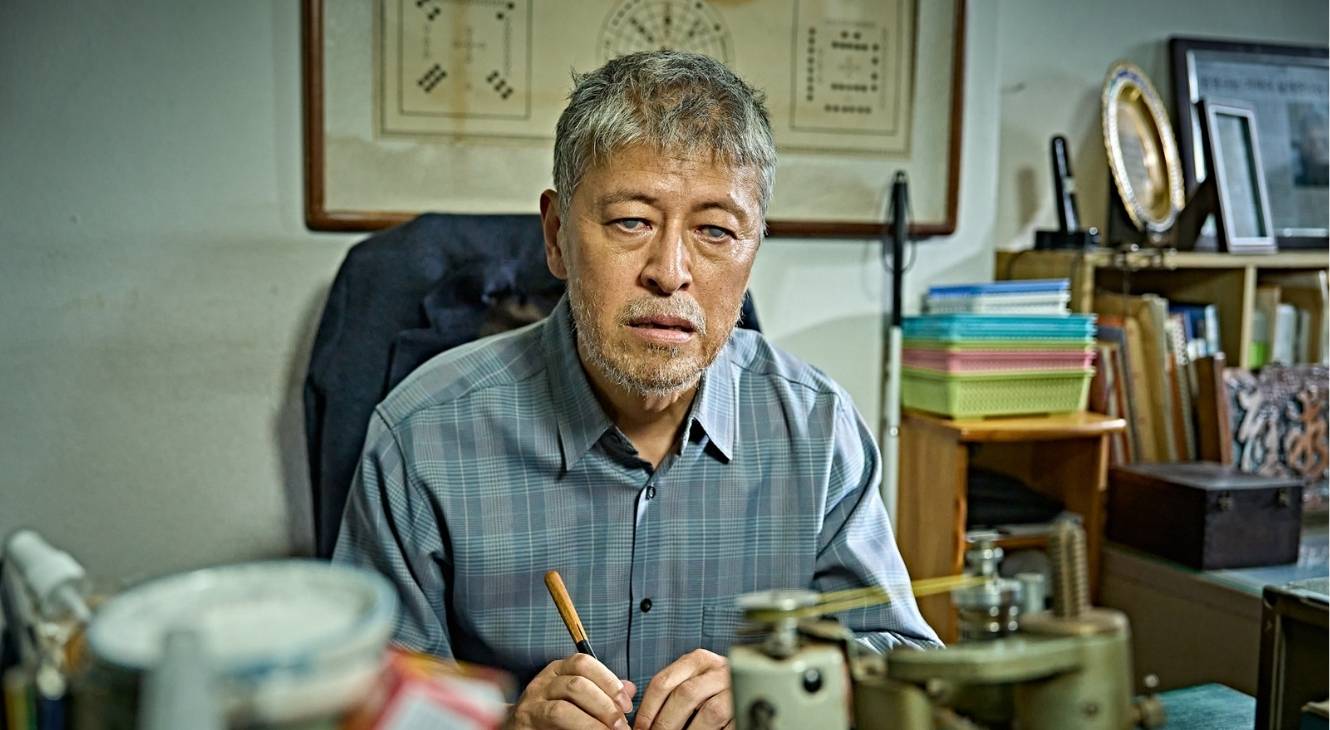
When we first meet Yeong-gyu, he is being interviewed by producer Kim Su-jin (Han Ji-hyun) for a documentary. Once Young-hee’s remains are discovered, Su-jin pivots her focus from Yeong-gyu’s history to the mystery surrounding Young-hee, revealing an uglier side to journalism and media in the process. “She could seem kind of selfish when the story turns from the documentary into this mystery that they’re trying to figure out. The way that she’s digging into this family history might not appear to be nice,” shares actress Han Ji-hyun.
These actions cause friction and hostility between Su-jin and Dong-hwan throughout The Ugly, with her persistence and questionable ethics putting them at odds. However, for Su-jin, it’s not just about the story; it’s about spotlighting a woman who has been forgotten. “She has a very clear motive,” Ji-hyun explained, “[And] in the end, I see this character kind of judging the choices that were made [by others around her], including Dong-hwan.”
Through these characters, and more specifically, the tragedy surrounding Young-hee’s life, Yeon Sang-ho hopes audiences will come away from The Ugly thinking about what ugliness actually is: “If you think about it, the concepts of beauty and ugliness are really subjective. Was it her face, or is it the inner world of these people who are pointing at her and then trying to frame her as ugly?”
As audiences linger on the film’s final moments, questions will inevitably arise. How does what is happening in society influence our perception of those around us? How do we allow ourselves not to be influenced? There are no easy answers in The Ugly. As the characters in the film demonstrate, no one is immune to falling under society’s influence. It is through these characters that uneasy conversations are born, a testament and staple of Yeon Sang-ho’s mark on cinema.
The Ugly had its world premiere at the 2025 Toronto International Film Festival. It will be theatrically released in the United States starting September 26, 2025.

